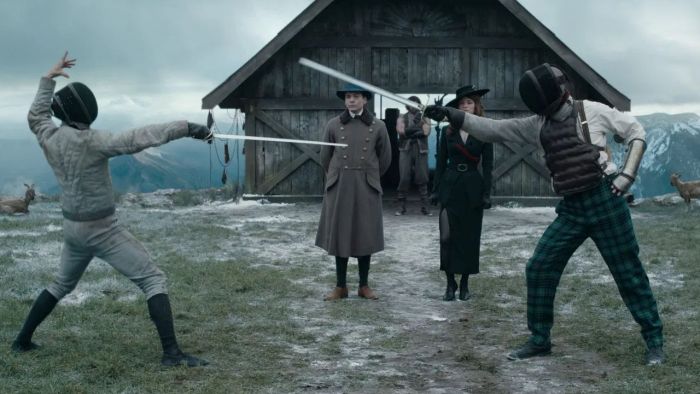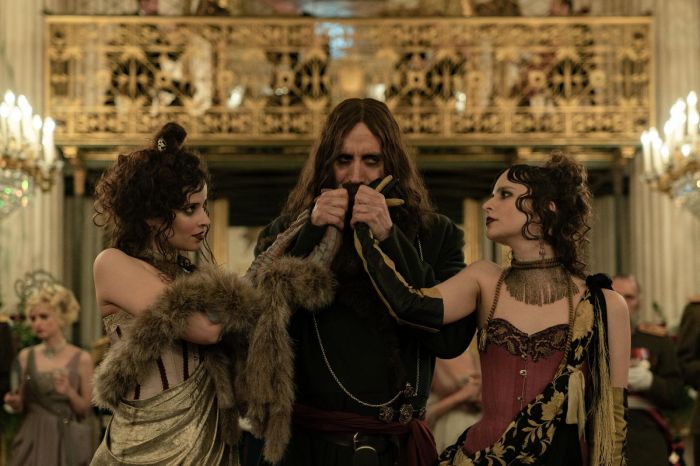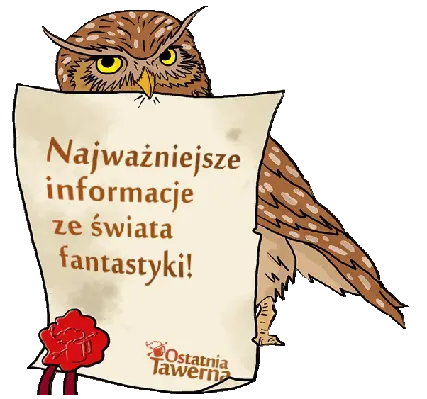Where the devil cannot, he will … send a nanny
When, during a visit to a colonial concentration camp, the wife of Lord Orlando Oxford (Ralph Fiennes), a veteran of foreign wars and colonial conquests, currently acting peacefully on behalf of the Red Cross, dies due to an unfortunate combination of events, he swears to protect his only son at all costs and will not let the boy find out for himself what war is. A decade later, moods in Europe thicken, and tensions between the great powers – ruled by nearby cousins (Tom Hollander’s triple role as all three monarchs) – herald an imminent escalation of the conflict. Young Conrad (Harris Dickinson) succumbs to propaganda proclamations and, to his father’s dismay, seeks every way to join the army as soon as he comes of age. Orlando will try to prove to him how much more he can do by working in hiding. Things will accelerate as the group – bolstered by resolute nanny Polly (Gemma Arterton) and butler, Shola (Djimon Hounsou) – discovers that the Russian tsar is being manipulated by an eccentric charlatan named Grigory Rasputin (Rhys Ifans). This, in turn, will lead the team on the trail of a mysterious organization influencing the decisions of rulers around the world. The fate of the Great War is at stake, and time is running out. This, in turn, will lead the team on the trail of a mysterious organization influencing the decisions of rulers around the world. The fate of the Great War is at stake, and time is running out. This, in turn, will lead the team on the trail of a mysterious organization influencing the decisions of rulers around the world. The fate of the Great War is at stake, and time is running out.

Source: alvinology.com
Ra-ra-rasputin!
For starters, bad news for all fans of the gentleman duo of Harry Hart and Eggsy – the gentlemen do not appear in the film. We are dealing here with a fully-fledged origin story of a spy agency. After the charismatic partnership of Colin Firth and Taron Egerton, hetta is duly taken over by Fiennes and Dickinson – unforced chemistry and full devotion to crazy convention are undoubtedly one of the greatest assets of Matthew Vaughn’s film. King’s Man– the prequel to the series about the painfully English intelligence agency Kingsman – brings a surprisingly down-to-earth value to the joyfully camp franchise. Although there are still many hallmarks of the brand – caricaturally demonic antagonists, spectacularly exaggerated skirmishes (one glance at Rasputin’s choreography is enough!) And gags with enthusiasm crossing the border of good taste – the historical background requires a certain amount of seriousness. Vaughn and Karl Gajdusek, co-responsible for the script, do not succumb to the temptation to romanticize war; While the espionage missions that Oxford and his entourage go on are still carried out in the convention appropriate to the series of parody freaks, the tragedy of the fate of the young soldiers sent to the front resounds with full bluntness.
Some will certainly miss the lightness of the previous scenes – the suffering of the closest victims of a pointless conflict comes to the fore here. The overcomplicated scenario may also be disturbing: seemingly only intricate intrigues, not entirely clear motivations of the conspirators, and the tangles of happy and unfortunate coincidences. Chaos inevitably creeps into the narrative, balancing between a casual parody and the pathetic war drama à la 1917 .

Source: cgmagonline.com
… And it’s hard to part
Ultimately, The King’s Man is not necessarily a complete flop, yet it disappoints in several respects. The committed performance of Ralph Fiennes (somewhat more dramatic than comedy) and Ifans, completely lost in Rasputin’s madness, draws attention – the film is entertaining when he is completely indulged in an intriguingly ridiculous action, but it becomes weary when Vaughn and Gajdusek try to hit the moralizing tones. The combination of cartoon madness and war realism shouldn’t work, and yet there is a method to this madness.

